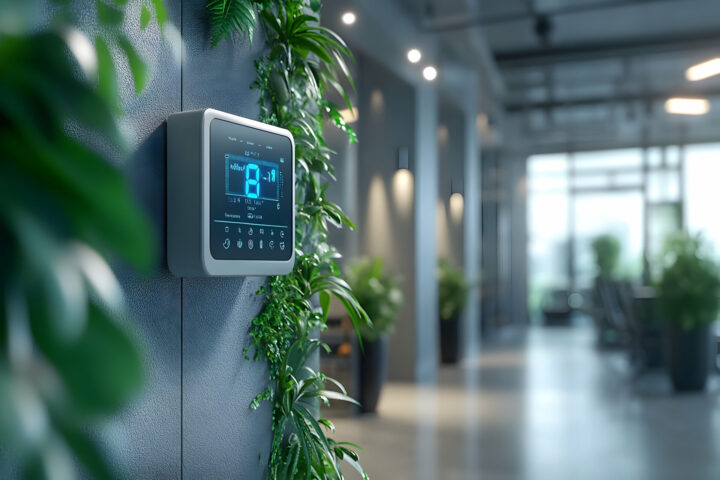Flexible workspaces are becoming increasingly important in fostering employee wellbeing, with the potential to support a diverse range of individuals, according to Aman Parmar, head of marketing at BizSpace.
Parmar said: “Flexible workspaces are designed to accommodate diverse teams, including individuals with health issues, disabilities, and mental health challenges, as well as freelancers, parents, and carers.”
One of the key features of some flexible workspaces is their focus on accessibility.
To support employees with disabilities, flexible workspaces often offer step-free access, automatic doors, and wide corridors, making them suitable for wheelchair users and those with mobility challenges.
Parmar added: “Accessible restrooms, elevators, and parking spaces are also standard in many flexible workspaces.”
Mental health support is also often a priority, with providers offering dedicated areas for relaxation, meditation, or quiet work to help reduce stress and promote mental wellbeing.
Parmar highlighted: “Some providers offer mental health resources, workshops, and wellness initiatives as part of their community-focused approach.”
For parents and carers, flexible workspaces often go a step further, offering childcare facilities, nursing rooms, or parent-friendly lounges.
Parmar pointed out: “Here at BizSpace, we have noted that for some providers, where they do not offer these options, they may partner with a local provider to offer it as a benefit to a client.”
Freelancers can also benefit from the flexibility these workspaces provide, with options such as hot desking, pay-as-you-go models, and flexible memberships that help reduce overhead costs.
Parmar said: “As many freelancers work in isolation, providers may offer networking events and collaborative spaces to foster community, helping freelancers connect with peers and potential clients.”
Parmar highlighted the importance of cultural and emotional inclusion in flexible workspaces.
He said: “Flexible workspaces offer solutions like prayer and meditation rooms and gender-neutral bathrooms.”
According to Parmar, flexible workspaces can also play a role in fostering workplace collaboration and enhancing company culture, particularly for growing businesses.
He added: “They enhance collaboration through open workspace layouts and shared areas. They foster innovation with dynamic spaces for creativity and encourage more diverse interactions.
“They can strengthen company culture through community building and offering inclusive and accessible amenities.”
















